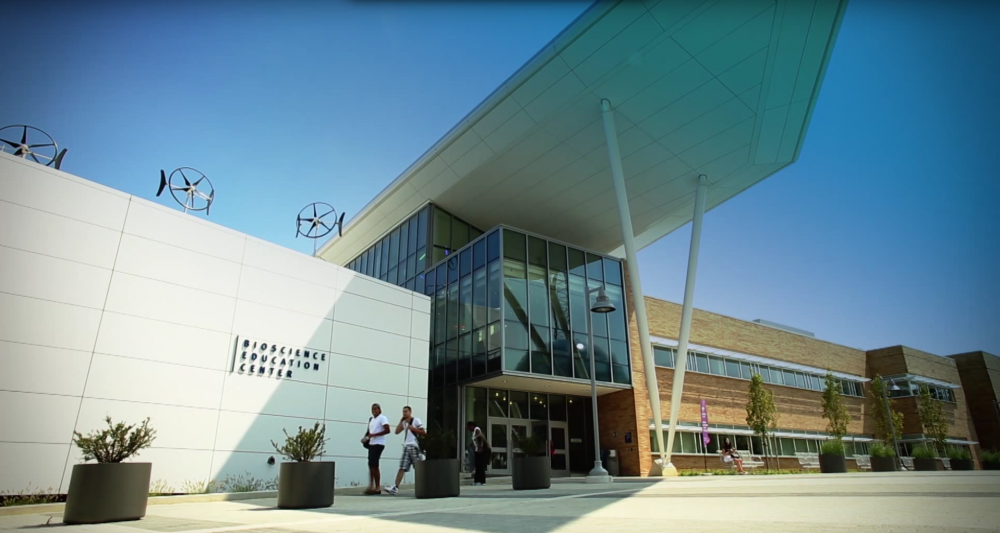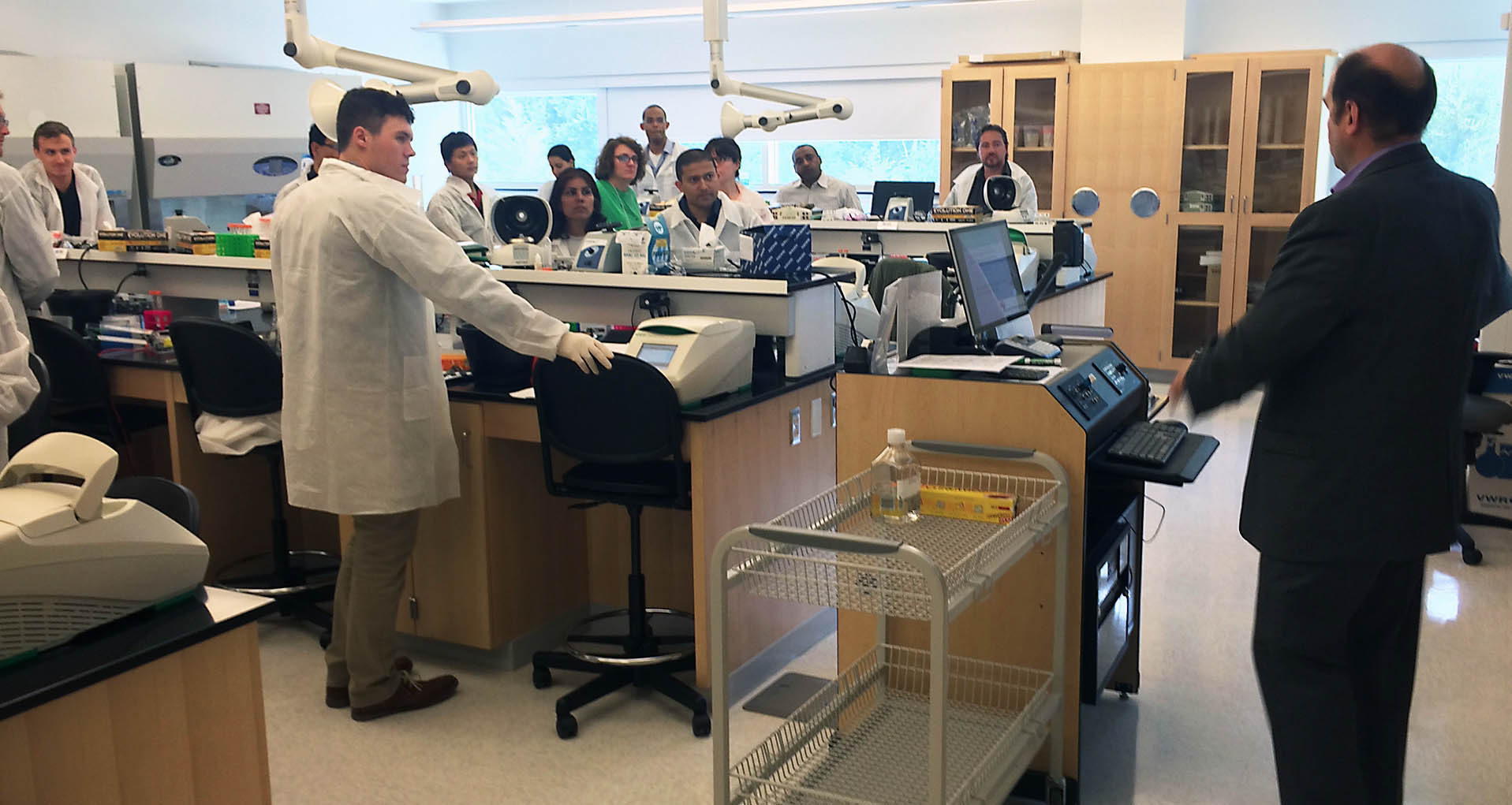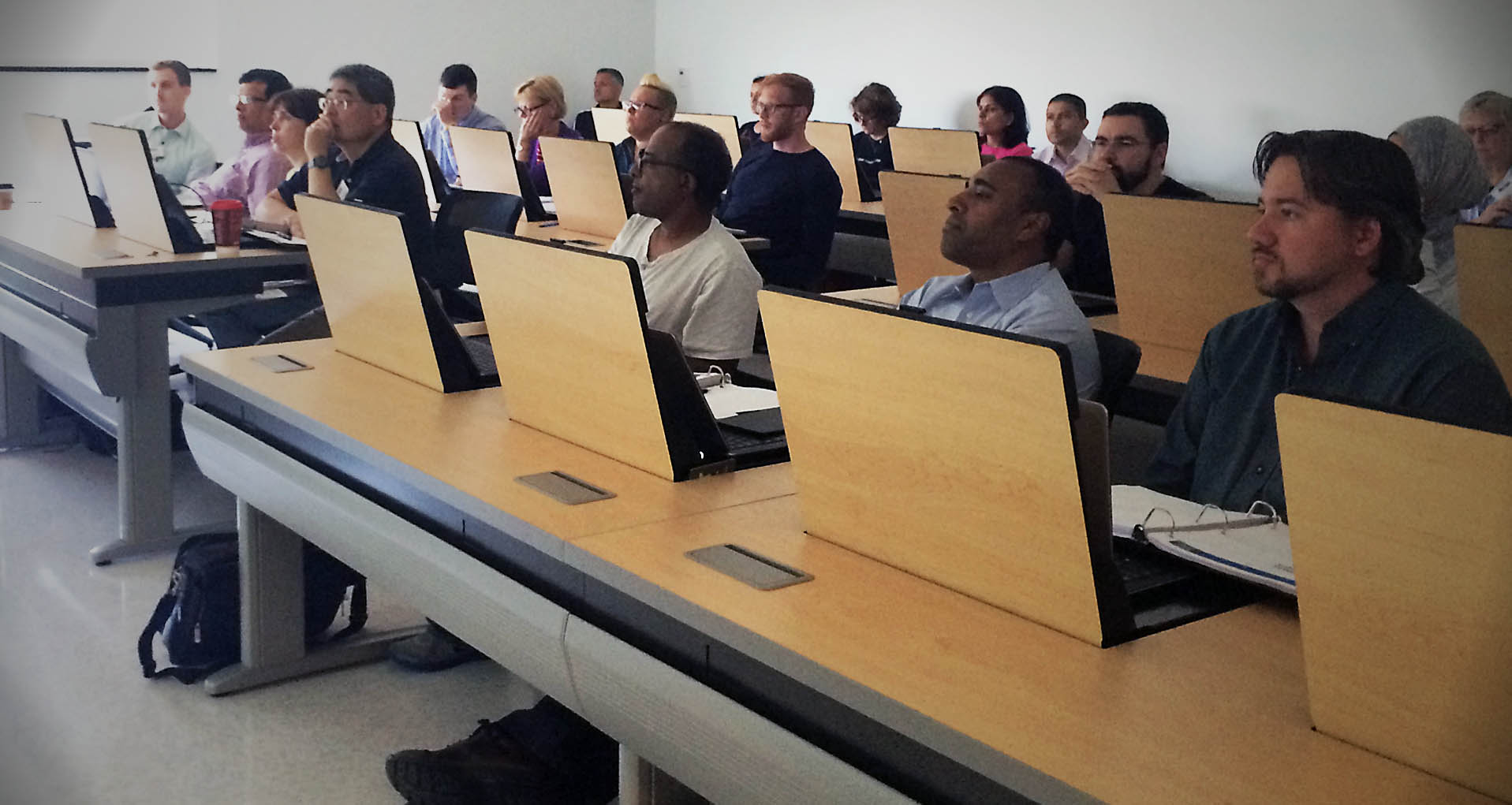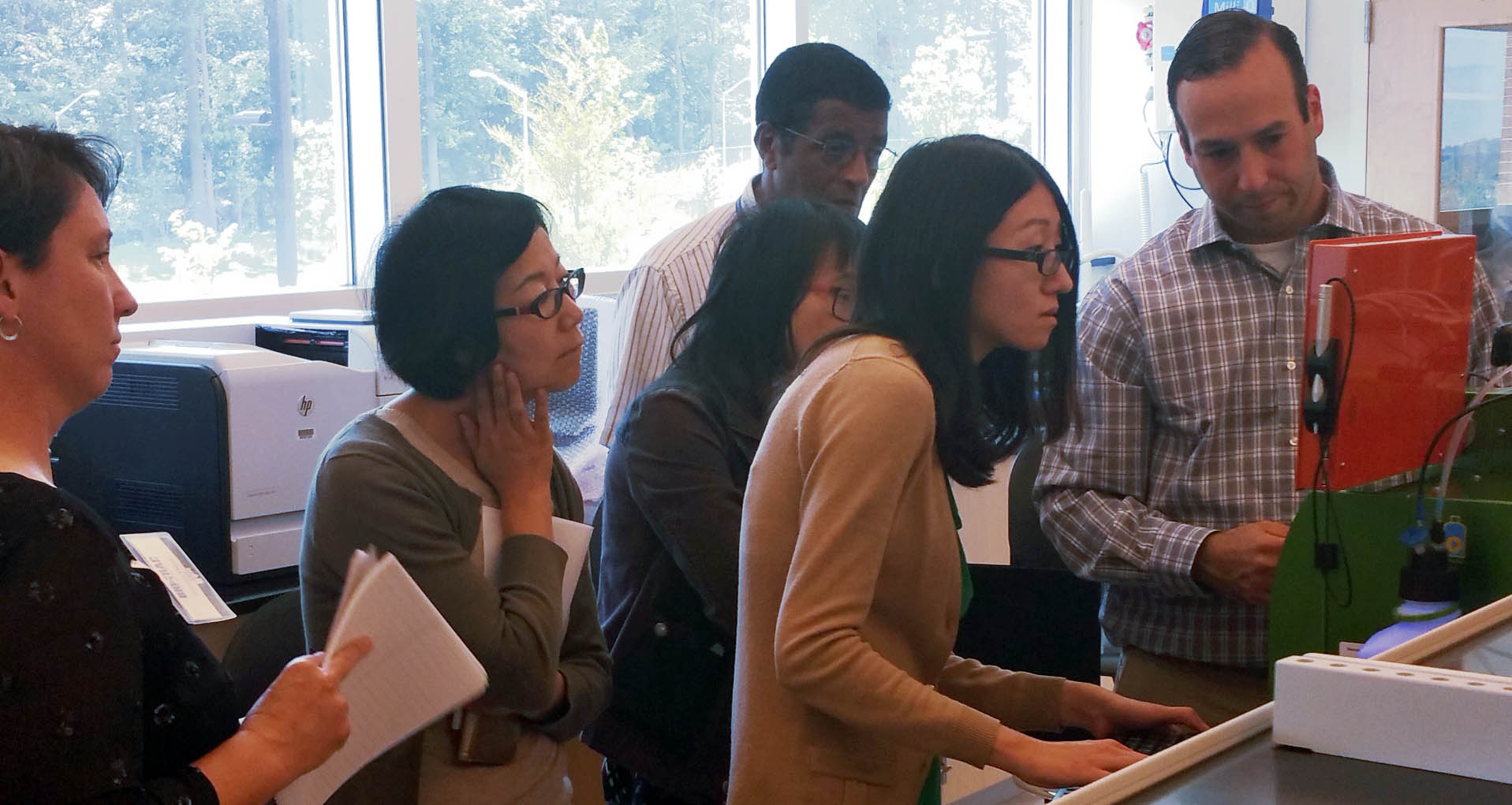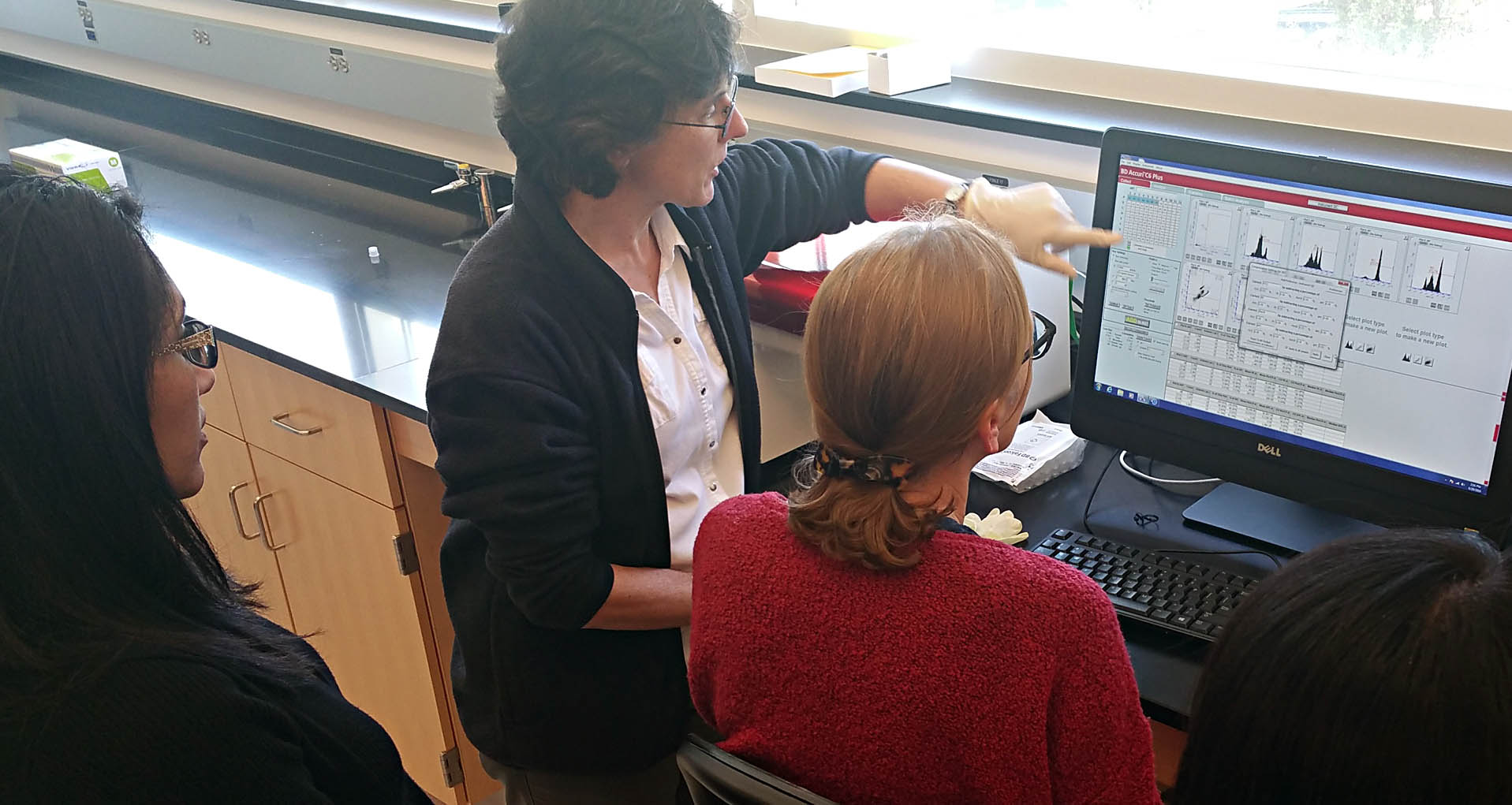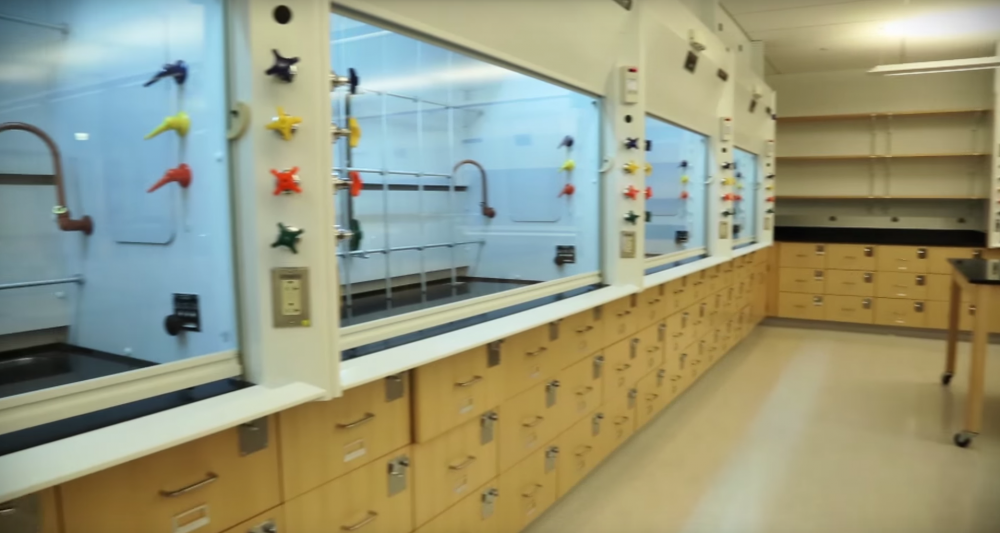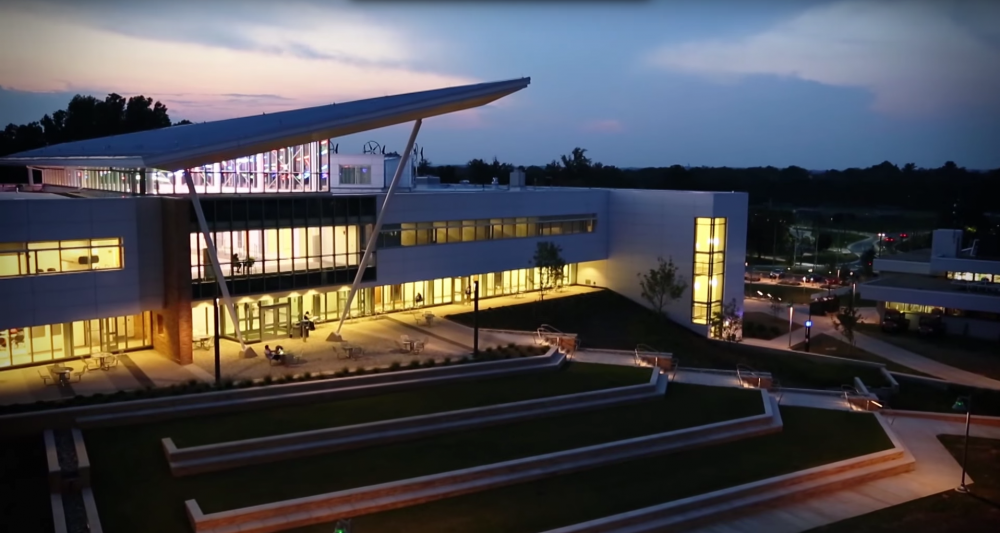June 26-28, 2024
Wednesday-Friday
Germantown, MD
The Bioscience Education Center
9:00am-5:00pm
1 Hour Lunch Break
This rigorous three day program is ideal for basic research and translational biology scientists who are looking for a balanced theoretical vs. hands-on introduction to CRISPR toolkit. Taught by active researchers, this workshop features several cutting-edge presentations delivered by experts in the CRISPR/Cas9 field along with an intensive schedule of laboratory exercises. This program will focus on CRISPR principles, strategies for successful project design, available expertise and resources, as well as a wealth of CRISPR technology diverse applications.
 | Lecture and Hands-on Interactive Training |
 | Team taught by active researchers |
 | Thumbnail drive with Lectures and Workshop material |
 | Space limited to 18 participants |
 | Registration Fee: $895 |
-
"Great workshop for learning experimental skills for CRISPR research."
Yu-Wen C.
Michigan State University
-
"Loads of useful content jam-packed into a three-day immersive CRISPR experience. Highly recommend!"
Sam M.
University of Rochester
-
"Satisfied with the lecture delivery and hands-on workshop. Quite helpful for my project design."
Sharmin A.
SUNY Upstate Medical University
-
"I was looking for a beginner-level workshop; however, the workshop was too advanced for me. Dr. Serguei Kozlov is very knowledgeable, and I am glad I had the opportunity to learn from him. Overall, the workshop was well organized. I wish that more basic information was incorporated."
Shaza K.
Howard University
-
"This is a great workshop. It is useful for scientists from disciplines other than biology to learn needed shills quickly. Teachers are knowledgeable and patient, and ready to help."
Minghong Z.
GeneLancet BioSciences
-
"Gene Editing with CRISPR is very helpful and needed in molecular biology field. Course is not only theoretical but practical, so everyone can learn how to design CRISPR in the lab. Course is leaded by phenomenal Dr. Kozlov, who is an expert in this technology. He has a huge knowledge and great sense of humor. You will love it."
Juotyna G.
Mayo Clinic Cancer Center
-
"This workshop provided and excellent opportunity to further my understanding of the CRISPR technology. Dr. Kozlov presented clear and engaging lectures and hand-on lab time that gave me better understanding of the evolving CRISPR field and an appreciation for the lab techniques involved. The best part of the workshop were the ample question and answer periods that allowed me to explore my specific research concerns about CRISPR with experts in the field."
Robert Yasuda, PhD
Assistant Professor of Pharmacology, Georgetown University
CRISPR
-
"Wonderful workshop, really enjoyed the content both lectures and lab exercises. Learned a great amount over the three days. Excited to apply the new knowledge to my work."
Si Yi Z.
Global Blood Therapeutics
-
"This course is awesome! I not only learned a lot about very important up-to-date CRISPR/CAS9 technology, I also became very excited to bring this information back to Xavier to share it with faculty. Hopefully, I can integrate CRISPR/CAS9 as a CORE offering."
Melissa Bratton
Cellular and Molecular Research Scientist, Xavier University of Louisiana
-
"As always, Bio-Trac not only met my expectations, but exceeded them! I was immensely impressed with the class - both the lab work and lectures! I will absolutely be taking more classes with BioTrac - their classes should be required for all graduates entering the field of science. Easy to understand & follow, yet the classes get to the core of the discussed principle. I loved learning about CRISPR and would highly recommend this class to anyone in the field!"
Jennie Rowell PhD, RN
Assistant Professor, The Ohio State University
CRISPR
-
"It was my first experience with professional development workshop in the USA. I liked it a lot. It was well organized, flexible and friendly. It helped to put in order my preceding knowledge and gain more."
Larisa Ryzhara, MD, PhD
Staff Scientist II, Maine Medical Center Research Institute
CRISPR
-
"Great investment. Took material that would have taken months to compile and perfect on my own, and packed it into 3 days."
Richard Barrett
PHD Student, University of Central Florida
CRISPR
-
"The course contents were well optimized, good balance of practical and theoretical aspects of CRISPR technology. A good consolidated 3-day program to learn CRISPR for beginners."
Sheetal Uppal
Postdoctoral Fellow, NCI/NIH
CRISPR
-
"This workshop was an exciting experience. It really opens your mind to the different applications CRISPR can be applied to, and it gives you the training you need for the most widely used protocols. Lots of discussions with the instructors and the team."
Mohamad A.
John’s Hopkins University
Course Director
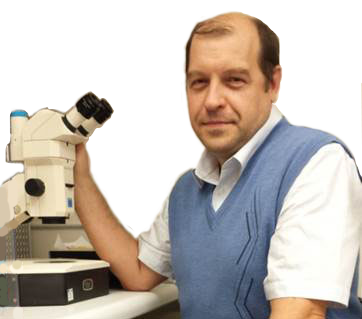
Serguei Kozlov, PhD, MBA, PM
Team Leader, Principal Scientist and Program Manager, Center for Advanced Preclinical Research, Leidos Biomedical Research, Inc.
Lectures:
- Introduction into Basic Principles of Genome Editing Technologies
- Mechanisms of Double-Stranded DNA Break Repair
- Structural Aspects of Target Recognition by CRISPR/Cas9/sgRNA Complexes
- Biologic Diversity of Targeted Nucleases
- Comparative Assessment of CRISPR and RNAi Technologies
- Development of In Vitro/Cell Culture Models using CRISPR
- Engineering Mouse Models via CRISPR Mutagenesis for Basic and Translational Research and as an Experimental Platform for Preclinical Drug Development
- CRISPR/Cas9 Applications for Genome Editing in Pluripotent Stem Cells
- CRISPR/Cas9 Libraries and Their Unparalleled Value in Functional Screening and Gene Discovery Studies
- Emerging Clinical Applications of CRISPR/Cas9 Technology as a Promising Gene Therapy/Mutation Correction Strategy
- Bioinformatics Resources and Reagent Sources to Facilitate Successful Design and Implementation of CRISPR Projects.
- Ethical and Biological Safety Aspects of CRISPR/Cas9 Technology
Laboratory Exercises and Discussions:
- CRISPR/Cas9, ZFN, and TALEN Experimental Strategy Considerations;
- Gene Knockout and Validation with CRISPR/Cas;
- SURVEYOR/CEL-1 Assay: Genomic DNA Purification and CEL-I PCR Set-Up, Re-Annealing and Digestion Steps, PCR Gel Loading and Analysis, Troubleshooting, Interpretation
- Purification of Plasmid DNA and Genomic DNA from Cells and Tissue Biopsies
- Allele-Specific Genotyping Design and Practical Exercises
- Construction of sgRNA Containing Plasmid, In Vitro Synthesis, Purification, and Quality Control of sgRNA’s
- Introduction of CRISPR Reagents into Cultured Cells by Nucleofection
- Interactive Discussions on Best Practices in CRISPR/Cas9 Experimental Designs
- Exercises for Target Site Selection and sgRNA Design
Foundations of CRISPR/Cas9 Technology
I. Basic Principles of Genome Editing Technologies: From ZNF to CRISPR
II. Dichotomy of Alternative Mechanisms for Double-Stranded DNA Break Repair and How They Can Be Manipulated to Benefit the Desired Outcomes of a CRISPR/Cas9 Experiment
III. Structural Aspects of CRISPR/Cas9 Target Recognition and Biologic Patterns Among the Family of Bacterial Targeted Endonucleases
IV. Modified CRISPR/Cas9 and Non-Cas9 Systems for Gene Editing
V. CRISPR vs. RNAi Technologies: Strengths, Weaknesses, Opportunities, Future Prospects
Laboratory and Discussion:
-
Conceptualization of CRISPR/Cas9 Mutagenesis Project: Strategies, Resources, Pitfalls
-
Experimental Design for Successful CRISPR/Cas9 Project (Examples of p53 and Brca1 Conditional Allele Engineering and Exon Swap in mMSLN Locus)
-
Planning, Construction, Synthesis, and Quality Control of CRISPR/Cas9 Nucleic Acid Reagents:
- Design and Preparation of Oligonucleotides
- Annealing ssDNA Oligos into dsDNA Duplex for Cloning
-
Cloning of dsDNA Oligonucleotides into Vector for sgRNA Production
-
Genomic DNA Purification from ES and Mouse Tail Biopsies: Sample Lysis
-
Cell Transfection with CRISPR Reagents Using Nucleofection Technology: An Overview
-
Preparation of ES (Bruce 4 line) and PancO2 Cells for Nucleofection
Applications of CRISPR/Cas9 Technology
I. Development of In Vitro Models via CRISPR Genome Editing
II. Molecular Design of CRISPR Libraries and Their Applications for Functional Screening and Gene Discovery
III. Modifications of CRISPR Technology Using dCas9 Endonuclease: Mechanisms and Applications
IV. Application of CRISPR/Cas9 for Genome Editing in Pluripotent Stem Cells
V. Accelerated Engineering of Novel Mouse Models with CRISPR/Cas9
Laboratory and Discussion:
-
Review of Available Bioinformatics Resources to Identify and Design Efficient sgRNA Options
-
Practical Exercise on Target Site Selection and Design of sgRNA (using mouse PTEN gene as a test case)
-
Plasmid DNA Isolation for Individual sgRNA Clones and Verification of Their Identity by Restriction Digest and Agarose Gel Electrophoresis
-
Gene Editing via HDR: Aspects of Donor DNA Design and Tips for Assuring the Efficient Recombination
-
SURVEYOR (CEL-1) Mutation Detection Assay: Basic Principle and Workflow
- CEL-1 Assay, Part1: Purification of Genomic DNA and Setting the PCR Reaction
-
CEL-1 Assay, Part2: Re-Annealing Step
- CEL-1 Assay, Part3: Digestion
- Nucleofection of ES and PancO2 Cells
Advanced Concepts of Genome Editing Using CRISPR in Translational Research and Clinical Practices
I. Antiviral Properties and Applications of Targeted Endonucleases
II. Building Murine Models of Disease for Translational Research and Preclinical Applications by Precision Gene Editing
III. Emerging Clinical Applications of CRISPR/Cas9 as Promising Strategies in Gene Therapy and Disease Correction
IV. Facilitating Advanced Drug Development and Evaluation Using CRISPR/Cas9
Laboratory and Discussion:
-
PCR Amplification of sgRNA Segment and Setting the Transcription Reaction
-
CEL-1 Assay, Part4: Agarose Gel Electrophoresis to Analyze the Outcomes of PCR Test
-
Genotyping of Genetically Engineered Mouse Models by PCR, Southern Blotting and DNA Sequencing: Basic Principles
-
Practical Exercise: Identifying Various Allelic Combinations in Conditionally Targeted mDuox2 Locus by PCR Assay on Mouse Tail Genomic DNA
-
Analysis and Interpretation of Genotyping Experiment Outcomes
-
Concluding Part: Debriefing of All Experimental Results, Analysis of Pitfalls, and Discussing Possible Next Steps
Serguei Kozlov, PhD, MBA, PM
Dr. Kozlov received his Master of Science diploma in applied mathematics and theoretical physics from Moscow Institute of Physics and Technology in Russia, subsequently earning a PhD degree in molecular genetics and neurobiology from the Institute of Biochemistry, University of Zurich, Switzerland. He subsequently received a Master of Business Administration degree from Robert Smith School of Business, University of Maryland and also holds several other professional certifications and credentials.
Dr. Kozlov joined the National Cancer Institute in 1999 as a postdoctoral fellow in Cancer and Developmental Biology lab where he was promoted in 2003 to senior research fellow and subsequently in 2007 to the staff scientist appointment. In 2008 he joined SAIC Inc. (later renamed to Leidos BMR, Inc.) where he established Center for Advanced Preclinical Research – a translational resource providing interdisciplinary support and expertise in establishing next-generation animal cancer models, developing technologies for advanced manipulation of mammalian genomes for the purpose of preclinical modeling, and directing early stage drug development projects to accelerate clinical introduction of promising efficacious cancer therapeutics.
JUNE 2022
“Great course to introduce CRISPR Cas9” Anastasiya E., NYU Grossman School of Medicine
“Great lectures. I wish the course was longer to dig deeper in every topic touched.” Erika P., ATCC
“The materials quality was excellent. Dr. Serguei Kozlov keeps us motivated during the lectures and lab experiments and he will help you with any questions/problem that you have.” Ariana G., University of North Carolina at Chapel Hill
“Thank you for a wonderful experience and answering the millions of questions I had during the course of this workshop. Every was extremely welcoming and I hope to be back soon.” Corina C., El Paso Community College
“Dr. Kozlov is a great mentor… Thank you Mark Nardone. Great help. Organized the 3-day in well planned manner.” Sudhan A., USUHS
March 2022
“Excellent Experience. The knowledge gained has both inspired and redirected my future’s career path. Would recommend this to any person looking to advance themselves professionally and personally as well.” Jon M., Illumina
“It was overall a very informative session. I had no idea of gene editing and their program gave me a basic idea of gene editing using CRISPR. I would like to take the advanced course to have a more in-depth understanding.” Bidisha P., New York University (NYU- College of Dentistry)
“I really enjoyed the integration of lectures and hand-on workshop. Instructors explained very well and very knowledgeable on the topics.” Nam N., University of Florida- COP
“This workshop was very useful to build a solid foundation in CRISPR technology. Highly recommend to those looking to get a wealth of information in a short amount of time.” Kristen W., GlaxoSmithKline
“Knowledgeable instructors. Lots of details of CRISPR concepts covered. Recommended for those who desire to design CRISPR/sgRNA.” Sherry L., GlaxoSmithKline
“A complete course on CRISPR/Cas9, Dr Sergui Kozlov knows a lot on the subject. I definitely recommend this course.” Renan M., Genetic Medicine at Johns Hopkins

